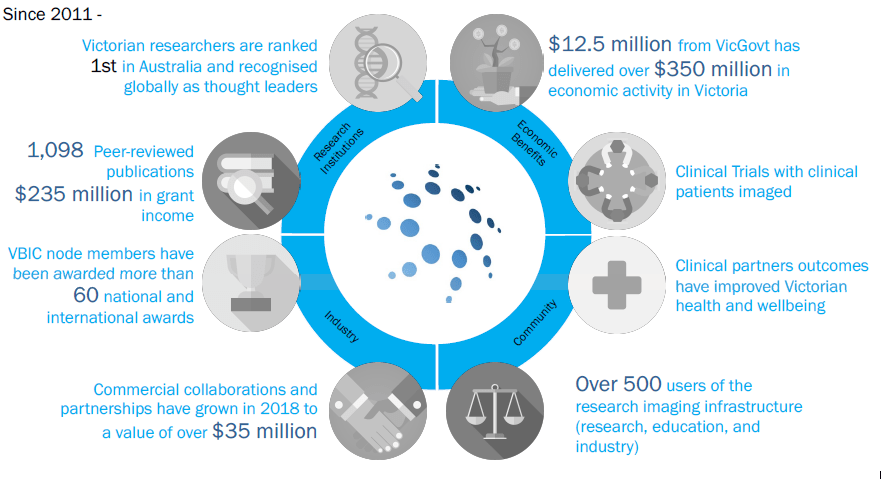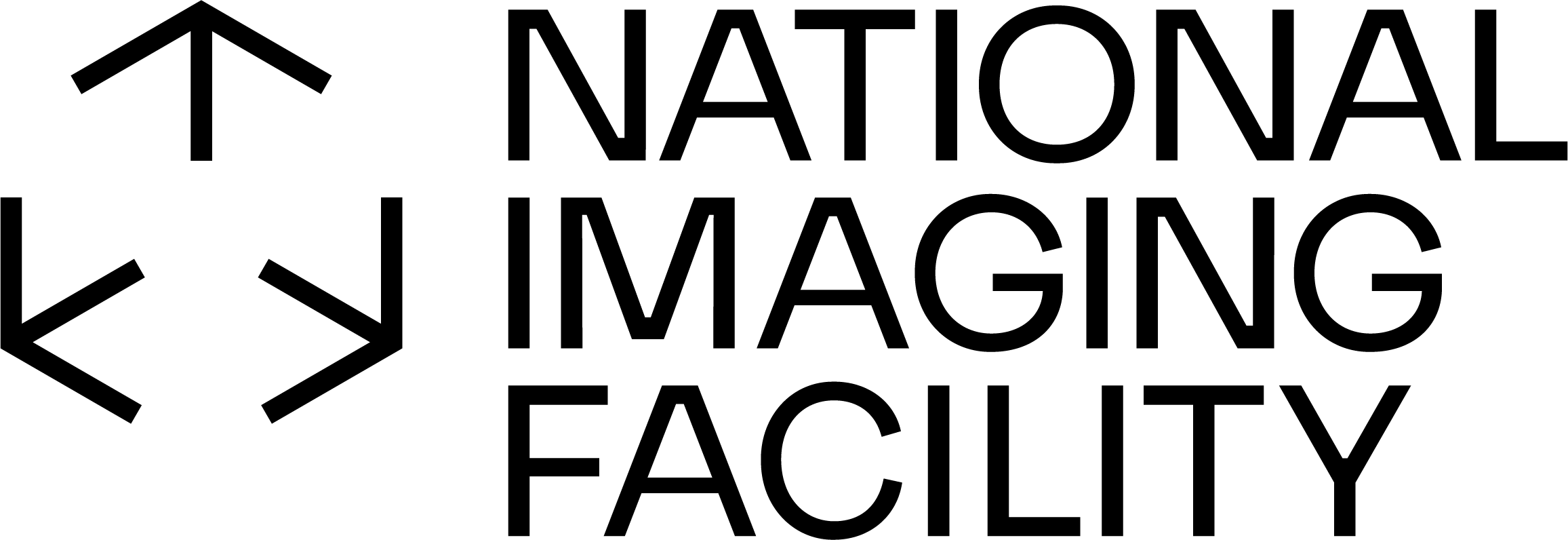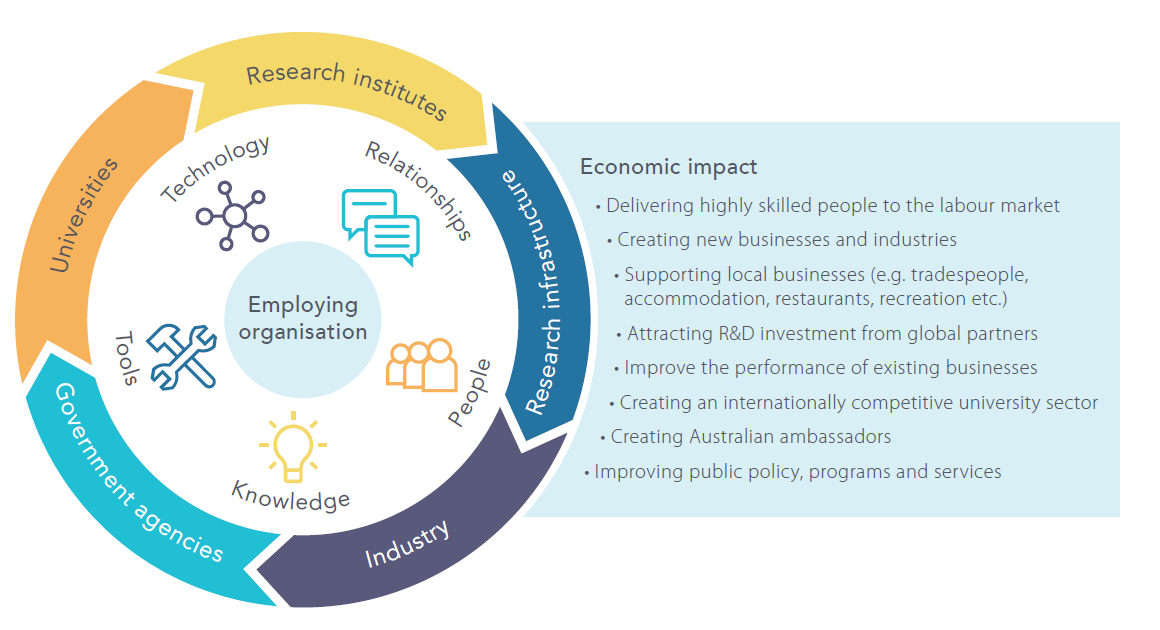Stimulating Economic Recovery through Research and Innovation
Victorian Government funding into the research ecosystem has delivered substantial economic impact and jobs according to a report released today.
An investment of $8.5m by the Victorian Government in 2010 saw the founding of the Victorian Biomedical Imaging Capability (VBIC), a consortium of biomedical research imaging infrastructure incorporating NCRIS-enabled National Imaging Facility (NIF) facilities at Monash University, The University of Melbourne, The Florey Institute for Neuroscience & Mental Health, and Swinburne University of Technology. VBIC now employs over 150 FTE staff per year, partners with more than 90 national and international organisations, and has attracted $37m of additional funding to local capital investments. Since its inception, VBIC estimates delivering over $350m in economic activity to Victoria.

A highlight of the significant research projects supported by NIF via VBIC include:
- Fundamental research into the brain’s structure and function, led by Prof Gary Egan of Monash University through an Australian Research Council (ARC) Centre of Excellence for Integrative Brain Function grant ($20m, 2014-20)
- Improving outcomes for epilepsy patients, led by Prof Graeme Jackson of the Florey Institute via an NHMRC Program Grant ($22m, 2016-20) and the Australian Epilepsy Project
- Enhancing surgical success for epilepsy patient referrals using simultaneous imaging recordings at Swinburne University
- Improving clinical care and treatment management for Australians living with or at risk of cognitive impairment and dementia, led by Prof Chris Rowe of the University of Melbourne through the Australian Dementia Network NIDR grant ($18m, 2018-22)
- Understanding the long-term effects of aspirin in a healthy elderly patient cohort via ASPREE, an NIH funded project ($25m US)
The Australian Council of Learned Academies (ACOLA) is the forum whereby Australia’s Learned Academies and our Associate members come together to contribute expert advice to inform national policy, and to develop innovative solutions to complex global problems and emerging national needs. Download a copy of their 28-page report via www.acola.org/stimulating-science-research-ecosystem



